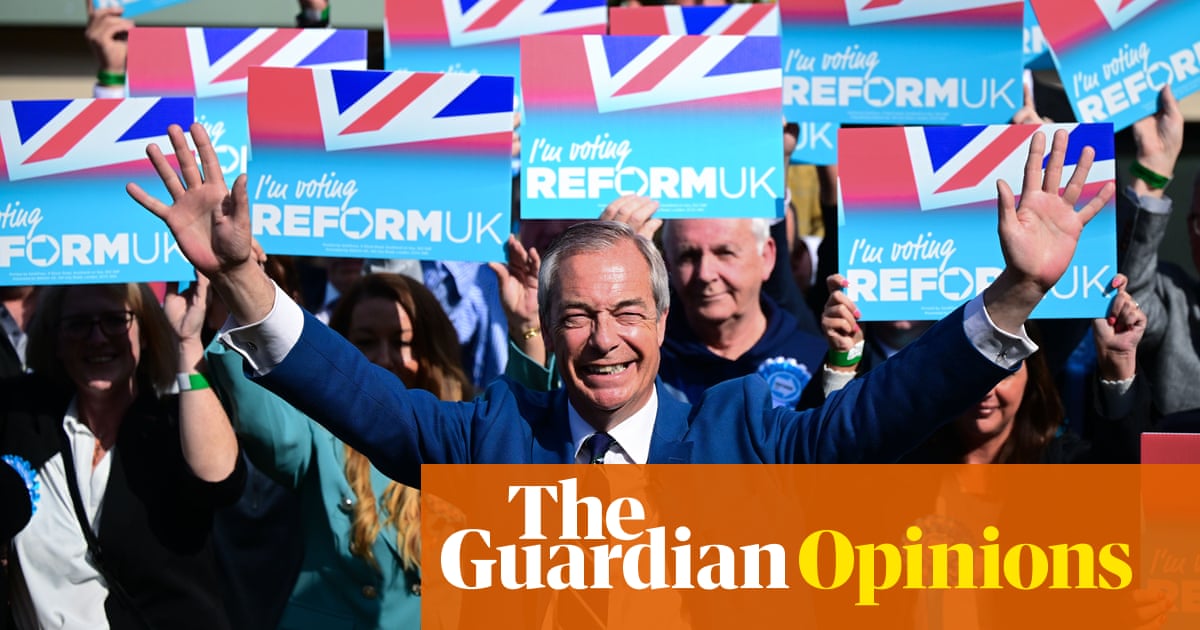Local elections are like tea leaves, and always have been: most people can’t make much sense of them, and the small group who claim they can generally see what they want to. In the olden days, these polls would be parsed for very subtle shades of meaning. A dip in support for Labour might, via some complex logic, tell us the state of the power struggle between Blair and Brown, or what the nation really thought of Ed Balls. If the Tories did well in the 00s, that was more or less how you would expect an opposition to perform; if they did badly, experts would stroke their chins and wonder how the party could improve, to become the natural repository for the nation’s disgruntlement.
Austerity made a huge difference to local democracy; local authorities, facing huge funding cuts, mostly ended up with the same agenda, which was to survive, with execution of their statutory duties intact. They varied in competence, of course, and in the language they used, but you can’t stamp much of a political identity on keeping your head above water.
That didn’t stop anyone trying to read between the lines for how the nation really felt. Ah, the Greens were only up by 0.8% (2017, England), that must mean English people don’t really care about climate breakdown. Whenever independents win, it’s written off as “that’s just a weird place, where independents win”. It’s understandable – why do the hard work of figuring out what’s going on, if it might only be going on in Frome? But it’s frustrating, too, because there’s a message there, if voters are looking at all established political parties and saying, “Nope, none of those, thanks”. But that’s the wrong kind of dissatisfaction, so it doesn’t register.
On 1 May, a lot of areas where theGreen partywould typically get a good share – Brighton, East Anglia – aren’t in the running, but that’s fine, because even if they were, psephologists would have priced that in. Nothing to see here, folks, Brighton always goes that way, it’s something to do with being close to the sea (but only that bit of the sea). Whenever the Lib Dems do well, the fashionable thing is to say it’s because of their ground game. They could do really well in Devon, Cornwall, Oxfordshire, and it will be explained by their activist army, always ready to knock on doors, or wear yellow (an awesome commitment to the cause: it suits almost nobody). Analysis rarely troubles itself with why those party members are so enthusiastic – it’s just the way they’re built.
Instead, all eyes are on Reform, which has high hopes against the Tories in Greater Lincolnshire, and against Labour in the “red wall”. There is almost no result that doesn’t feed intoNigel Farage’s narrative, that he’s the plucky challenger and the only way to see him off is for all the other parties to become more like him.
If Farage does well against Labour, there’s a good chance it will amp up its anti-immigrant stance and cosplay some casual xenophobia. If he does well against the Tories, they will probably resile from net zero – work that Kemi Badenoch has pre-emptively started. Yet if Reform does badly, it will become the dog that didn’t bark and the conversation will move on. It is constitutionally impossible for politicians and commentators to concentrate properly on dogs that make no noise.Farage will continue, undeterred, and the main parties will most likely strive to become more like him anyway.
I thought I was nostalgic for a time when the local elections were boring, but that’s not exactly right: whatever the realities of local government, and things were indeed better when they weren’t so cash-strapped, there has always been a tendency to write off the progressive vote as random, or outlying, and rightwing insurgency as indicative of some fundamental truth. I feel sure that this creates a sense among voters that there’s only one kind of protest worth making at a local level, and that everyone else may as well stay at home.
I’d never be able to prove that, though – all I can do is vote, and being in London, not until 2026.
Zoe Williams is a Guardian columnist
